International
US, Mexico seek to revamp fight against drug cartels
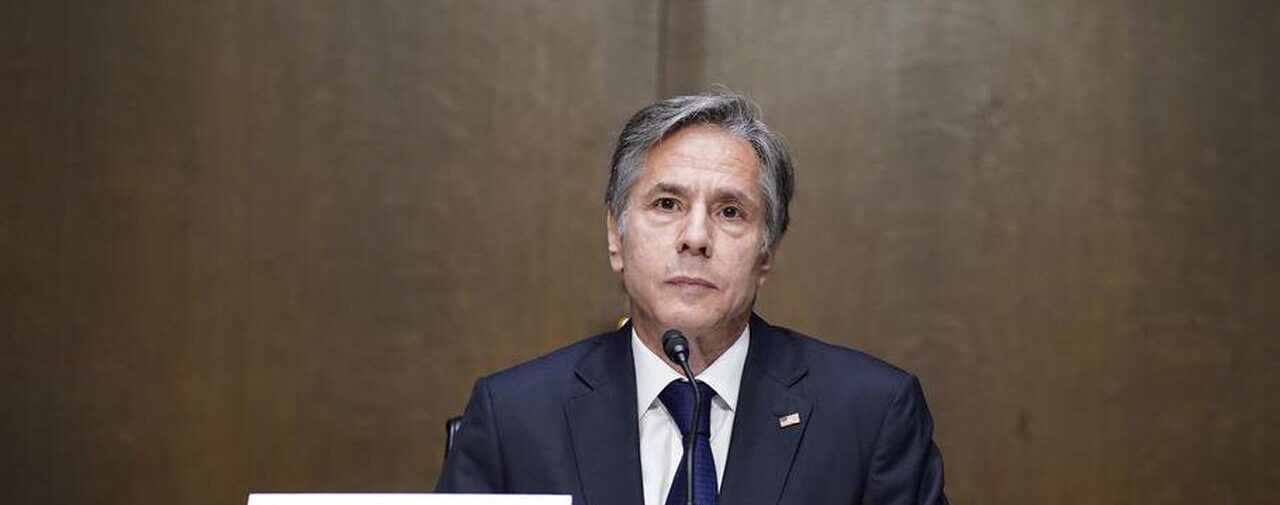
AFP
The United States and Mexico on Friday vowed to overhaul their joint fight against drug cartels, during a visit by a high-level delegation including US Secretary of State Antony Blinken.
President Andres Manuel Lopez Obrador has said Mexico no longer wants helicopter gunships and other weapons to combat drug traffickers, urging the United States to invest in regional economic development instead.
On his first visit to Mexico as the top US diplomat, Blinken, accompanied by officials including US Homeland Security Secretary Alejandro Mayorkas, held a working breakfast with Lopez Obrador followed by the main security talks.
Lopez Obrador hailed a “new phase” in relations, reiterating an invitation to US President Joe Biden to visit Mexico.
Washington has indicated that it is ready to revamp a 13-year-old program called the Merida Initiative that provided US military firepower, technical support and security training.
“After 13 years of the Merida Initiative, it’s time for a comprehensive new approach to our security cooperation, one that will see us as equal partners in defining our shared priorities, tackle the root drivers of these challenges, like inequity, like corruption, and focus not only on strengthening law enforcement but also public health, the rule of law, inclusive economic opportunities,” Blinken said.
He said more needed to be done to disrupt arms trafficking, strengthen port and border security, dismantle the cartels’ financial systems, root out impunity, tackle human rights abuses and address public health issues such as addiction.
Mexican Foreign Minister Marcelo Ebrard said it was time to say “goodbye to the Merida Initiative, welcome to the Bicentennial Agreement” — a reference to the Latin American country’s recent 200th independence anniversary.
The United States has given Mexico about $3 billion since 2008 for law enforcement training and equipment such as Black Hawk helicopters.
Lopez Obrador argues that investing in development projects in the region would help counter not only drug trafficking but also migrant flows — another major challenge facing the two countries.
Underscoring the magnitude of the crisis, Mexican authorities said Friday they had detained 652 undocumented migrants, more than half of them children, traveling toward the US border in refrigerated truck containers.
– Merida Initiative ‘dead’ –
Mexico will use the talks to push for steps to speed up extraditions between the two countries and reduce the flow of arms from the United States, Foreign Minister Marcelo Ebrard said this week.
In August, Mexico filed an unprecedented lawsuit against major US gunmakers in a Boston court over illegal cross-border arms flows that it blames for fueling drug-related violence.
Mexico is plagued by cartel-related bloodshed that has seen more than 300,000 people murdered since the government deployed the military in the war on drugs in 2006.
Many experts believe the strategy of militarization has failed because it has resulted in the cartels being fragmented into smaller, more violent cells, while drugs continue to flood into the United States.
The new security framework will focus “not just on crime, but also on the underlying cause of crime,” a senior US administration official said.
“We’re going to be looking at ways we can increase joint efforts to decrease demand for narcotics,” he said.
The two countries would continue to pursue the cartels, including their laboratories and supply chains, the official said.
But the new strategy would put more emphasis on stopping flows of firearms and drug money from the United States to Mexico, in order to “deny revenue to these cartels,” he added.
Forging a new joint strategy will not be easy, said Michael Shifter, president of the US-based think-tank Inter-American Dialogue.
“The Merida Initiative is indeed dead,” he said.
“Mexico is expected to press for significant US assistance and investment in the southern part of the country, but with budget pressures and other priorities in Washington, US officials are unlikely to be receptive,” he said.
International
Gates Foundation to close by 2045 as Bill Gates pledges to donate $200 Billion
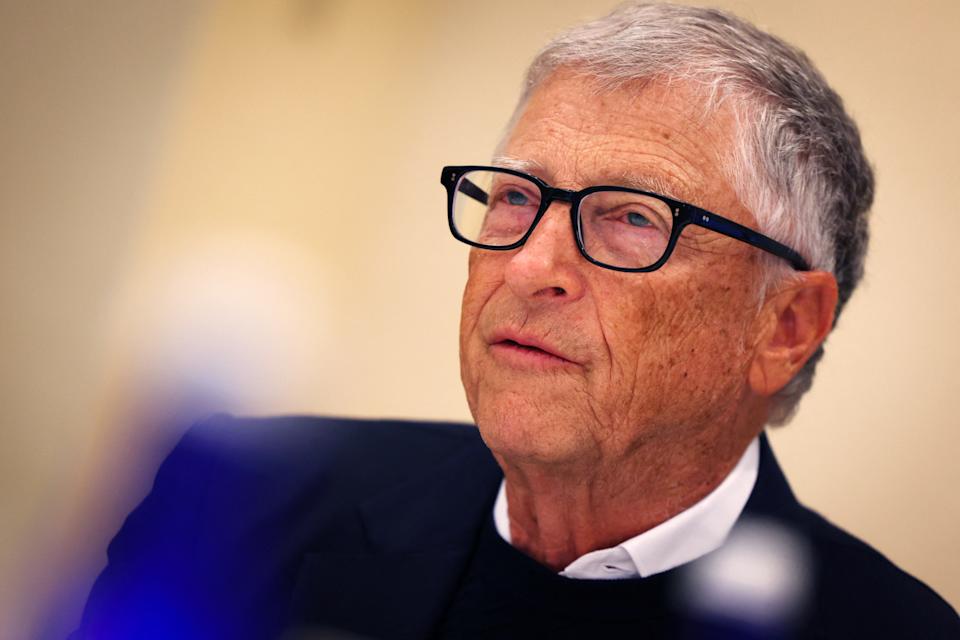
When Bill and Melinda French Gates established the Gates Foundation in 2000, they envisioned an organization that would continue its work for decades after their deaths. But now, Microsoft co-founder Bill Gates says he doesn’t want to wait that long to give away most of his fortune.
On Thursday, Gates announced that he plans to donate “virtually all” of his estimated $200 billion fortune over the next 20 years and will dissolve the foundation on December 31, 2045.
The announcement comes amid deep cuts by the Trump administration to funding for health, foreign aid, and public assistance programs — the very causes the Gates Foundation supports. The shift raises concerns about setbacks in global health research and critical development initiatives.
Gates says he wants to accelerate the foundation’s work in global health and equity, and hopes the move will inspire other billionaires to follow suit. In a blog post published Thursday morning, he emphasized that the foundation’s final phase should serve as a model for large-scale philanthropic impact.
This new pledge builds on Gates’s long-standing commitment to philanthropy. Alongside French Gates and Warren Buffett, he co-founded the Giving Pledge in 2010, which encourages billionaires to donate the majority of their wealth either during their lifetimes or in their wills. The campaign now has more than 240 signatories worldwide.
International
Bill Gates accuses Elon Musk of endangering the world’s poorest children
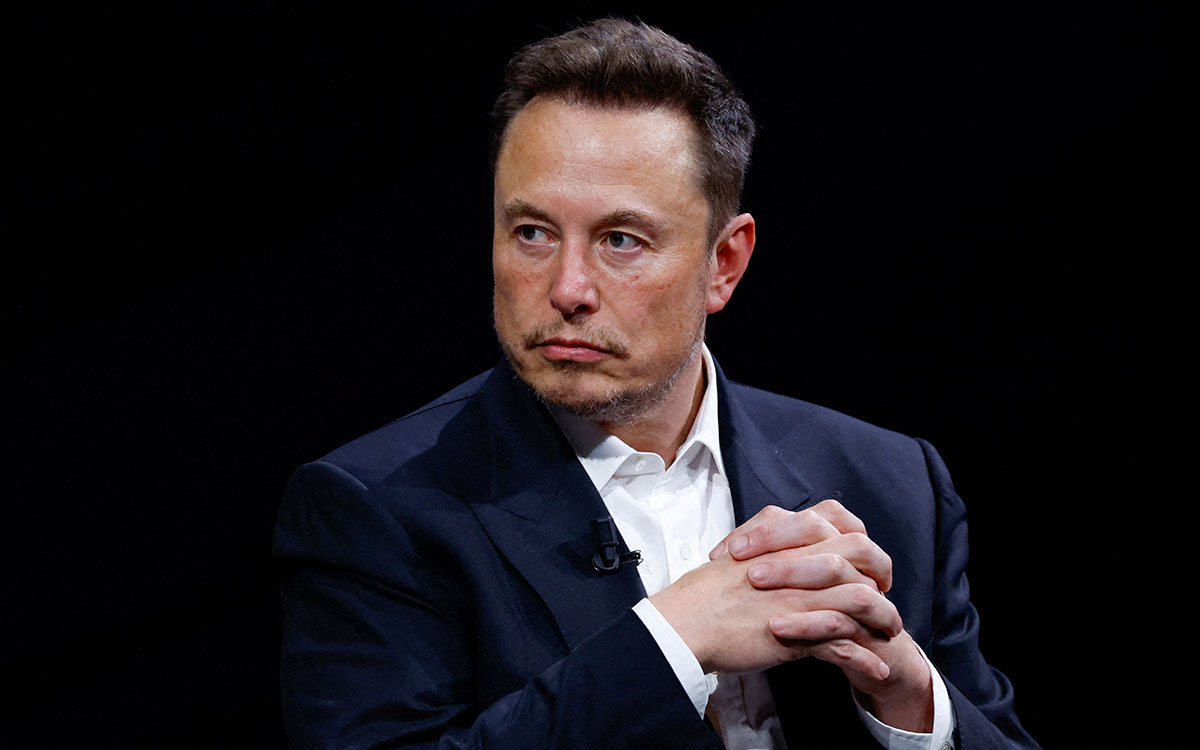
Bill Gates, co-founder of Microsoft turned global health philanthropist, sharply criticized Elon Musk in a recent interview with The New York Times, saying the tech billionaire is “the richest man in the world and is involved in the deaths of the world’s poorest children.”
At 69, Gates announced that the Bill & Melinda Gates Foundation will cease operations by 2045, and he urged the next generation of billionaires to step up. However, he expressed concern that today’s wealthy individuals are less committed to humanitarian work than they were two decades ago.
He cited Elon Musk as a prime example: “He’s the one who cut the USAID budget. He shredded it — all because he didn’t attend some party that weekend.”
Gates argued that Musk “could have been a great philanthropist,” but instead, “the richest man in the world is now contributing to the deaths of the world’s poorest children.” He pointed to how cuts to USAID have disrupted essential programs fighting HIV, malaria, and polio.
Gates called on the global elite to do more: “It’s not that we’re running out of rich people. There will be more, and they’ll reflect on what AI has done — or hasn’t — and what governments have done — or haven’t.”
Looking ahead, he urged future billionaires to commit to greater philanthropy, especially as his own foundation phases out: “The rich of today should do more. The rich twenty years from now should do more.”
Despite his criticisms, Gates maintained his trademark optimism. He dismissed fears that repeated U.S. administrations will continue cutting humanitarian budgets: “I don’t think there will be administration after administration slashing these things. If we look 20 years ahead, I believe we’ll continue reducing child mortality.”
Gates also expressed faith in artificial intelligence, suggesting it can provide medical expertise in remote regions on par with doctors with decades of experience — potentially even better than what’s available in wealthy countries.
International
VP JD Vance to World Cup visitors: “Enjoy the game, then go home”
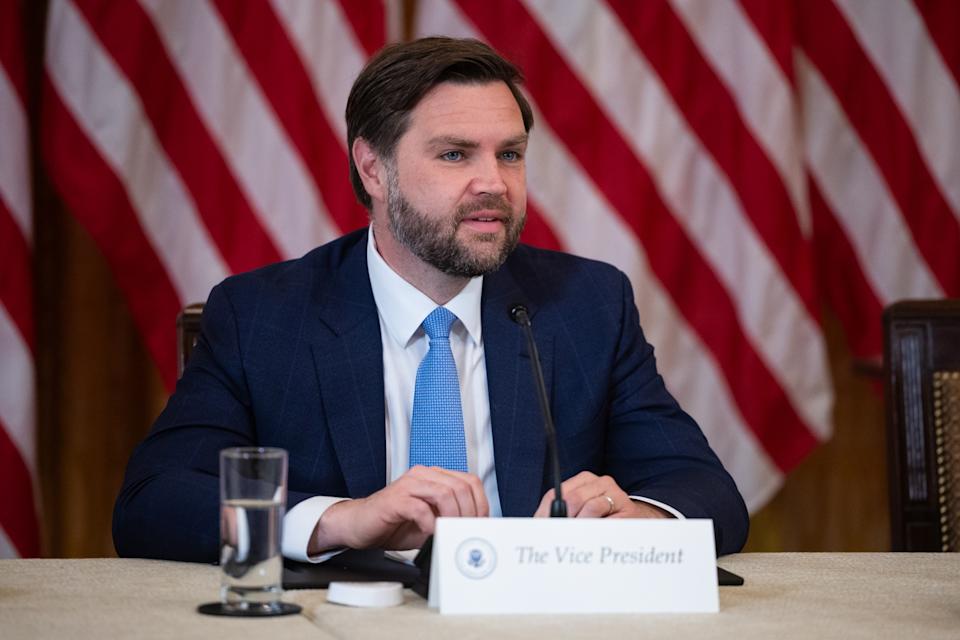
U.S. Vice President JD Vance issued a light-hearted but firm warning to international visitors planning to attend the 2026 FIFA World Cup, which will be co-hosted by the United States, Canada, and Mexico.
“We know we’ll have visitors, probably from close to a hundred countries. We want them to come. We want them to celebrate. We want them to enjoy the games,” said Vance during a press conference on Tuesday focused on the organization of upcoming major sporting events in the U.S.
“But when it’s over, they’ll have to go home,” he added.
Vance, speaking in a joking tone, also mentioned Homeland Security Secretary Kristi Noem, saying, “Otherwise, they’ll have to speak with Secretary Noem.”
The comment came during the first joint working session aimed at preparing for the 2026 World Cup, which will feature 48 national teams and take place across multiple cities in North America.
-

 International4 days ago
International4 days agoHouthis threaten israeli airports, urge airlines to cancel flights
-

 International4 days ago
International4 days agoAmerican Airlines sued after woman alleges sexual assault on flight
-

 Central America1 day ago
Central America1 day agoThousands of Guatemalan girls forced into motherhood due to sexual violence
-

 International3 days ago
International3 days agoSinaloa Cartel faction leader ‘Chuy’ Guzmán Castro detained in Mexico amid rising violence
-
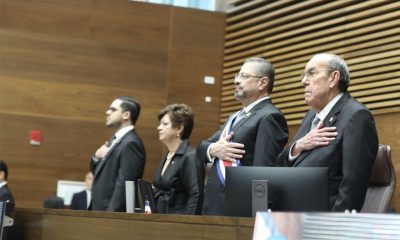
 Central America3 days ago
Central America3 days agoCosta Rica congressional leader warns of authoritarian drift under president Chaves
-

 International3 days ago
International3 days agoProsecutor José Domingo Pérez reinstated in Fujimori corruption case
-

 International3 days ago
International3 days agoSpain approves plan to reduce workweek to 37.5 hours
-
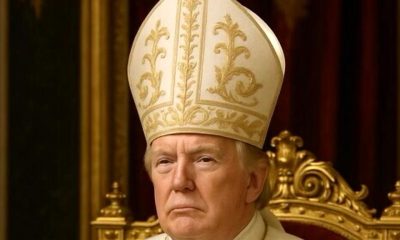
 International3 days ago
International3 days ago“Give me a break”: Trump defends AI image of himself as the Pope
-

 Sin categoría3 days ago
Sin categoría3 days agoPope Francis donated Popemobile transformed into mobile clinic for Gaza’s children
-

 International3 days ago
International3 days agoSins of the Vatican: Scandals, abuse, and a cardinal’s fall from grace
-

 International3 days ago
International3 days agoSheinbaum rejects U.S. military presence in Mexico’s war on drugs
-

 Central America1 day ago
Central America1 day agoExperts urge action to protect democracy ahead of Honduras elections
-

 International1 day ago
International1 day agoLong wait at the Vatican: experts defend lengthy papal election process
-

 International1 day ago
International1 day agoXiomara Castro’s government vows to protect citizens amid threat reports
-

 International9 hours ago
International9 hours agoBill Gates accuses Elon Musk of endangering the world’s poorest children
-

 Internacionales9 hours ago
Internacionales9 hours ago“A great honor for our country”: Trump congratulates Pope Leo XIV
-
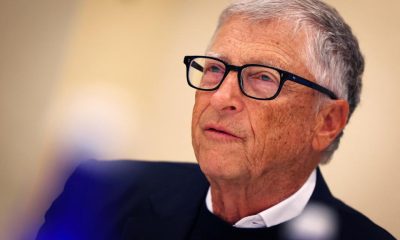
 International9 hours ago
International9 hours agoGates Foundation to close by 2045 as Bill Gates pledges to donate $200 Billion
-
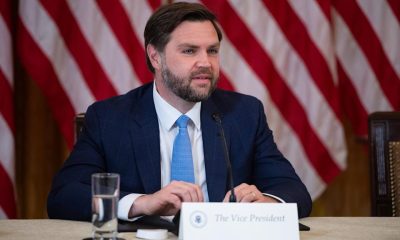
 International9 hours ago
International9 hours agoVP JD Vance to World Cup visitors: “Enjoy the game, then go home”
-

 International9 hours ago
International9 hours agoStrong winds cause stage collapse in Mexico City; seven hurt

















